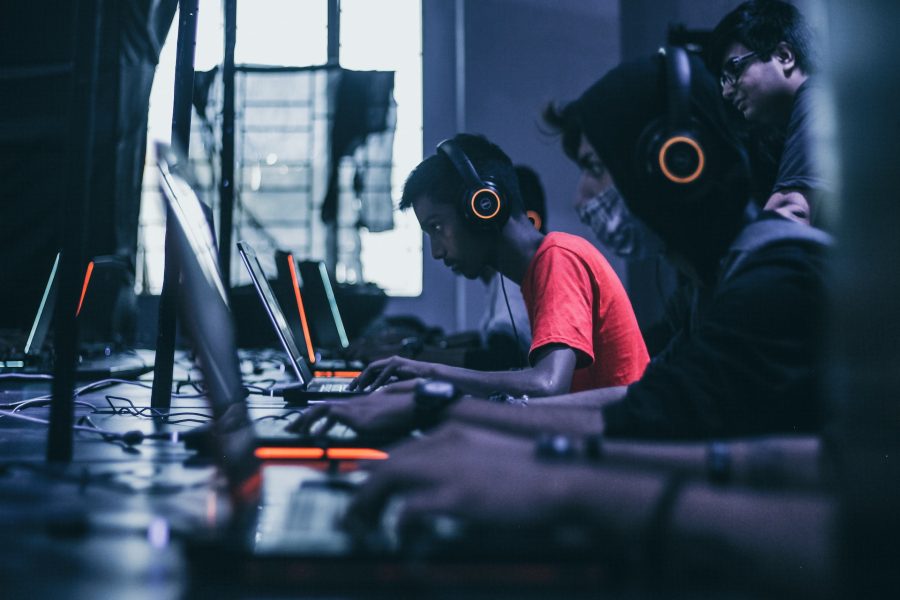The very first modern blockchain was introduced in 2009. The groundbreaking technology emerged as a decentralized and distributed ledger system capable of recording transactions across a network of computers. Sixteen years later, numerous changes and developments have occurred, including the introduction of numerous cryptocurrencies such as Bitcoin and Ethereum, which leverage blockchain as their underlying infrastructure. Online betting platforms have introduced crypto payments, with anyone being able to access a Bitcoin casino VIP anytime, anywhere.
Blockchain games have also emerged and positioned themselves as the next big thing in the gaming world. Yet, their trajectory has been marked by several challenges and a lukewarm reception.
The current state of the Blockchain game sector
Blockchain games have embraced diverse monetization strategies, mirroring traditional game models while capitalizing on unique features such as Non-Fungible Tokens (NFTs), Play-to-Earn (P2E), and Play-to-Own (P2O). Developers are increasingly blending traditional and blockchain game elements, integrating fundamental Web3 concepts with established methods.
P2E games, in particular, have emerged as frontrunners in the blockchain gaming market, boasting a trading volume surpassing $107 million. In Q3 2023, the sector witnessed an impressive 787,000 average daily unique active wallets (UAW), constituting 35% of the total UAW across DeFi, NFT, and social dapps.
The market size for blockchain gaming soared to over $3 billion in 2023, with $1.4 billion in investments recorded between May and November of the same year. However, the broader gaming industry experienced a decline in both the number of investments and deal values, as reported by Pitchbook data. Notably, the majority of blockchain games are indie or mid-size projects, with AA and AAA funding levels comprising only 6% of the market, according to a Game7 report.
Despite the investment and interest, the blockchain industry has not had the reach and impact on mainstream audiences yet. This can be attributed to a number of existing challenges. However, platforms like Abstract Chain are working to bridge that gap, offering scalable infrastructure and tools designed to help developers create more engaging and accessible blockchain games for a broader audience.

Accessibility, scalability, and other significant challenges
One prominent obstacle to blockchain games’ widespread adoption lies in their inherent technical complexity, which calls for players to have a certain level of technical expertise. The blockchain-specific jargon further complicates matters, serving as a barrier to entry for potential players who may find the learning curve daunting.
Moreover, scalability issues plague play-to-earn crypto games, as the current state of blockchain technology struggles to support large-scale games with millions of players. Slow transaction times and exorbitant fees, common in blockchain-based games, contribute to a subpar experience that falls short of the expectations of mainstream gamers.
Such players will typically find new titles on third-party platforms and consoles. However, blockchain games are typically unavailable there. In 2023, while the Epic Games Stores listed a series of these games, one particular title, Gods Unchained, was quickly removed. This was due to the game being rated as “Adults Only” by the ESRB (Entertainment Software Rating Board). There is no guarantee that games offering NFTS, crypto tokens, or any other item with real-world value would be barred from third-party stores and platforms.
Regulatory uncertainty has also emerged as a significant hurdle in this panorama. The novelty of cryptocurrencies and blockchain technology has left many countries grappling with the legal status of these innovations. Governments and regulatory bodies worldwide are in the process of determining how to effectively regulate these technologies, leaving too much uncertainty for both game developers and players. This lack of regulatory clarity can hinder industry investment and impede the overall growth of play-to-earn crypto games as stakeholders navigate a landscape marked by legal ambiguity.
The future
Despite the many challenges, blockchain game developers remain optimistic. Some speculate that the emergence of games with open-world modalities like Minecraft will generate more interest. Others believe that the players will be more likely to try established games that embrace crypto technology.






 Your total news and information resource for all things Science, Technology, Engineering / Mathematics, Art, and Medicine / Health.
Your total news and information resource for all things Science, Technology, Engineering / Mathematics, Art, and Medicine / Health.
Leave a Comment